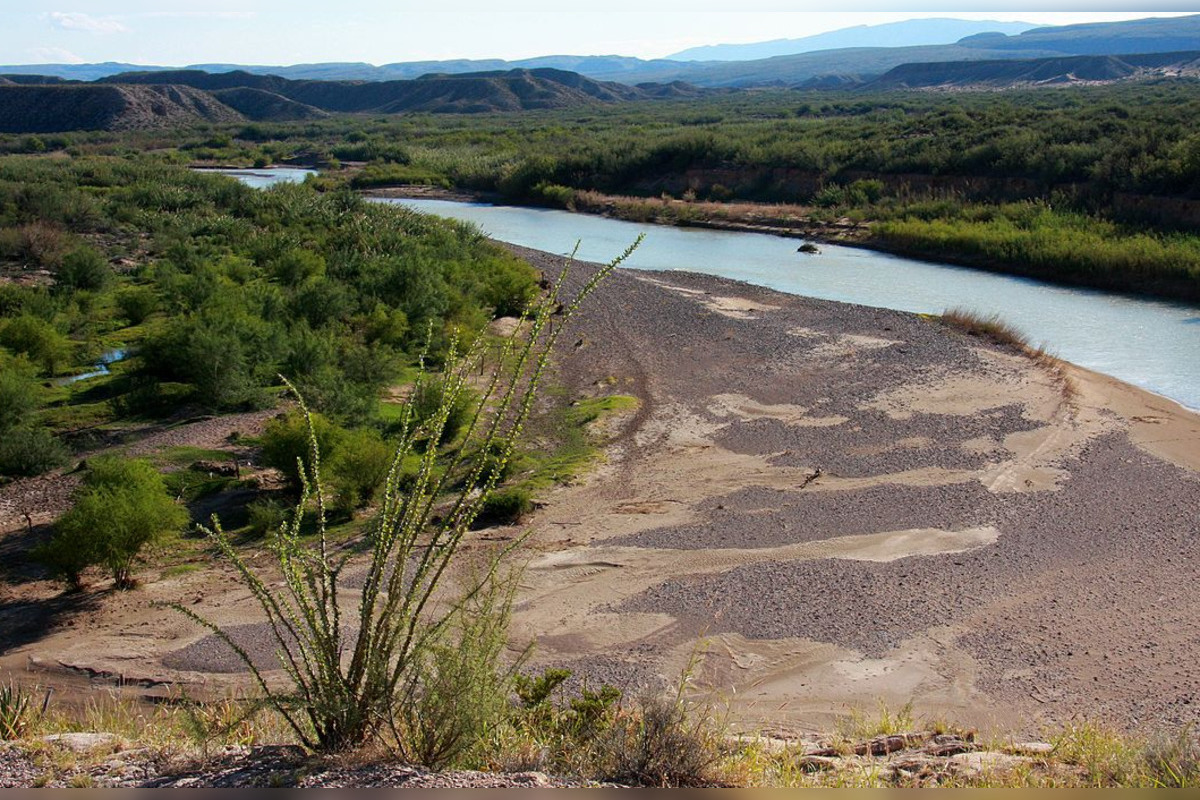U.S. Supreme Court Halts Texas-New Mexico Water Deal, Asserts Need for Federal Oversight in Interstate Agreements

In an impactful move, the U.S. Supreme Court has blocked a water deal between Texas and New Mexico concerning the Rio Grande, highlighting the federal government's necessity to be involved in state agreements that have broader implications. The court held a slim majority with a 5-4 decision, reflecting the ongoing battle over water rights in a region that has long experienced intense drought and growing water scarcity.
The contentious issue has deep roots reaching back to the Rio Grande Compact of 1938, an agreement designed to evenly split the river's surface water between Colorado, New Mexico, and Texas. Recently, Texas and New Mexico attempted to partly rewrite the rules, aiming to increase New Mexico's water pumping rights. The federal government stepped in firmly, stating it could not allow the two states "to leave the United States up the river without a paddle," as reported by The Texas Tribune. This intervention also relates to the 1906 international water treaty with Mexico, which could be compromised by the state-level deal.
The Supreme Court's decision echoes the assertion that federal oversight is crucial when interstate agreements have the potential to influence national and international obligations. This is particularly relevant considering the Rio Grande's function in upholding the water treaty with the U.S.'s southern neighbor, Mexico. The Bureau of Reclamation and the International Boundary and Water Commission, overseers of the treaty, both declined to comment on the recent ruling.
Legal experts weighed in on the broad ramifications of the case. "This has turned that long held principle on its head," Gage Zobell, an attorney with Dorsey & Whitney, explained how the court's precedent could significantly shape future federal involvement in water management. Amy Hardberger, a water law professor at Texas Tech School of Law, emphasized the need "to go back to the drawing board" to resolve the ongoing water conflict after the ruling—as said in her interview with The Texas Tribune.
Despite the court's judgment, this ruling does not guarantee more water for the drought-stricken regions of South and Southwest Texas, where agricultural operations and communities are feeling the tight grip of water scarcity. Alex Ortiz, the volunteer Water Reservoir Chair for the Lone Star Chapter of the Sierra Club, told The Texas Tribune, "There's definitely not enough water in South Texas and Southwest Texas." Ortiz explains that management strategies might undergo changes as all stakeholders are now forced to reckon with the heightened need for prudent and collaborative water management.
The Supreme Court's involvement has cast a spotlight on the critical balance between state interests and federal responsibilities—that each move to address a complex issue such as water rights carries consequences that ripple across borders and demand a cohesive response. As Texas and New Mexico redraft their plans, the eyes of the nation will be closely watching the unfolding dynamics of water diplomacy in the U.S. Southwest.
Welcome to Billionaire Club Co LLC, your gateway to a brand-new social media experience! Sign up today and dive into over 10,000 fresh daily articles and videos curated just for your enjoyment. Enjoy the ad free experience, unlimited content interactions, and get that coveted blue check verification—all for just $1 a month!
Account Frozen
Your account is frozen. You can still view content but cannot interact with it.
Please go to your settings to update your account status.
Open Profile Settings